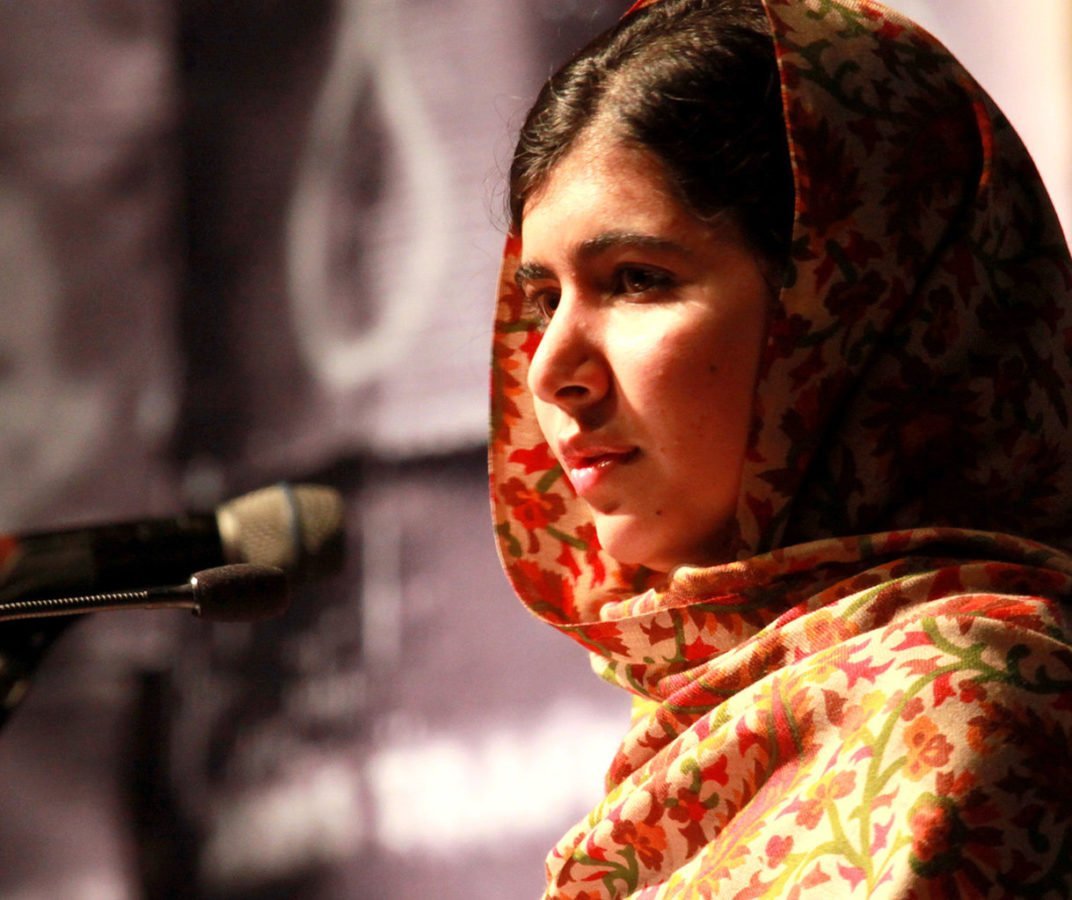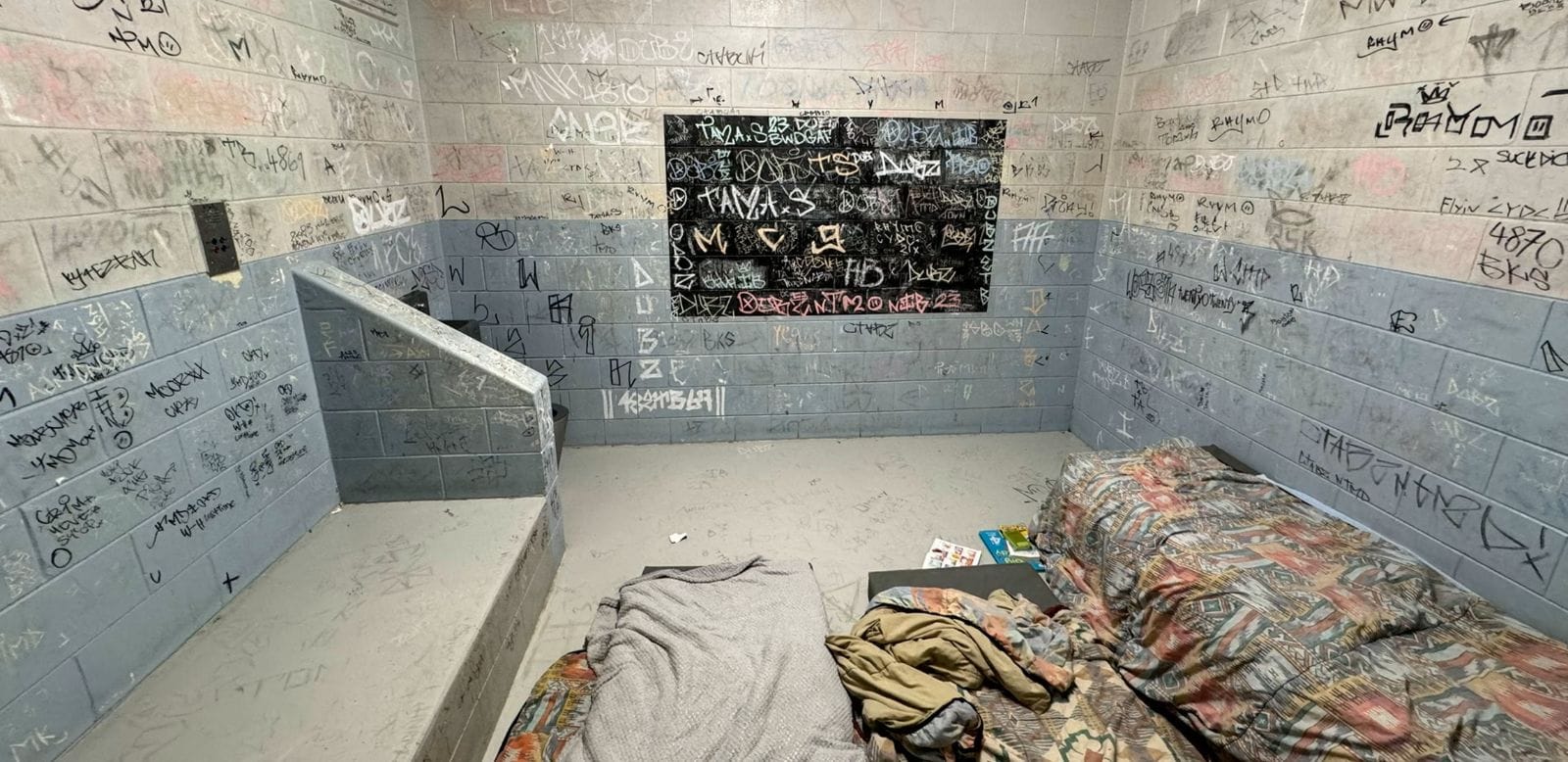The Campaign
Amnesty International’s Stop Violence Against Women campaign launched in 2004, shining the spotlight on violence against women all over the world. Over six years, Amnesty became a leading voice on women’s human rights. We campaigned locally and internationally and, working hand-in-hand with women’s organisations, we helped change the lives of hundreds of thousands of women.
Australia’s Contribution
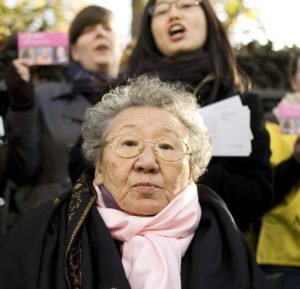
In Australia, we focused the spotlight of public opinion on:
- putting an end to violence against women in Papua New Guinea.
- the plight of domestic workers in Indonesia.
- survivors of the Japanese military’s sexual slavery system in World War II.
- rape as a weapon of war in the Democratic Republic of Congo
- exposing the plight of women human rights defenders in Nepal and Iran.
At home, we also focused on convincing the Federal Government to introduce a National Plan of Action to eliminate violence against women.
Thanks to you, people’s lives
have been protected
Thanks to years of dedicated work and tireless enthusiasm from hundreds of stop violence against women activists around the country, we achieved some incredible outcomes. Together with our many partners in the women’s movement, we have contributed to some groundbreaking changes around the world.
Snapshot of Successes
Papua New Guinea
Solomon Islands
Bahrain
Philippines
Mongolia
The Gulf Region
Sierra Leone
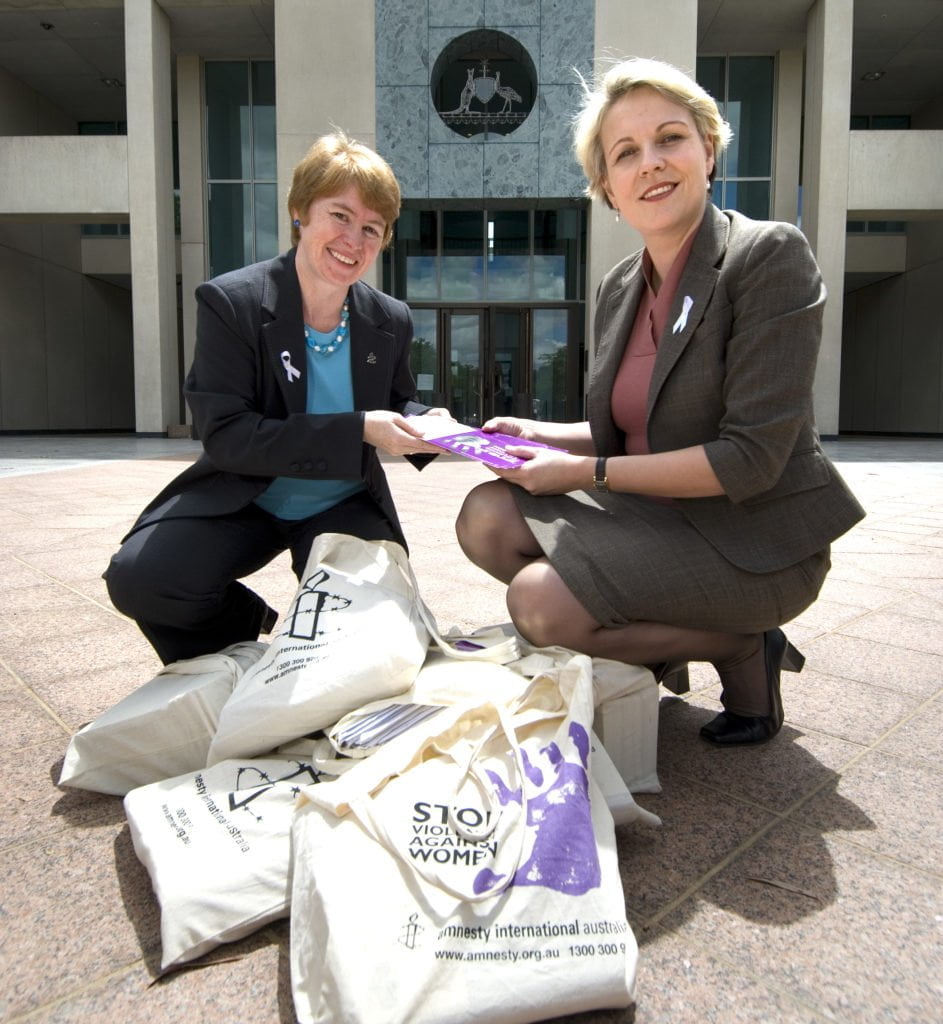
WHAT’S NEXT?
Although the Stop Violence Against Women campaign formally ended in 2010, Amnesty continues to fight for women’s rights and gender issues based on this six years’ of solid ground work.
Most importantly, we are continuing to work with women human rights defenders across the globe to ensure they are able to continue their important work.
For more information on our current work in violence against women, visit Gender and Sexuality.
#SHEISBRAVE
Amnesty campaigns locally and internationally and, thanks to our supporters, we've made a huge difference to the lives of women.
Find out how your donation can help stop the systemic abuse of women around the world.
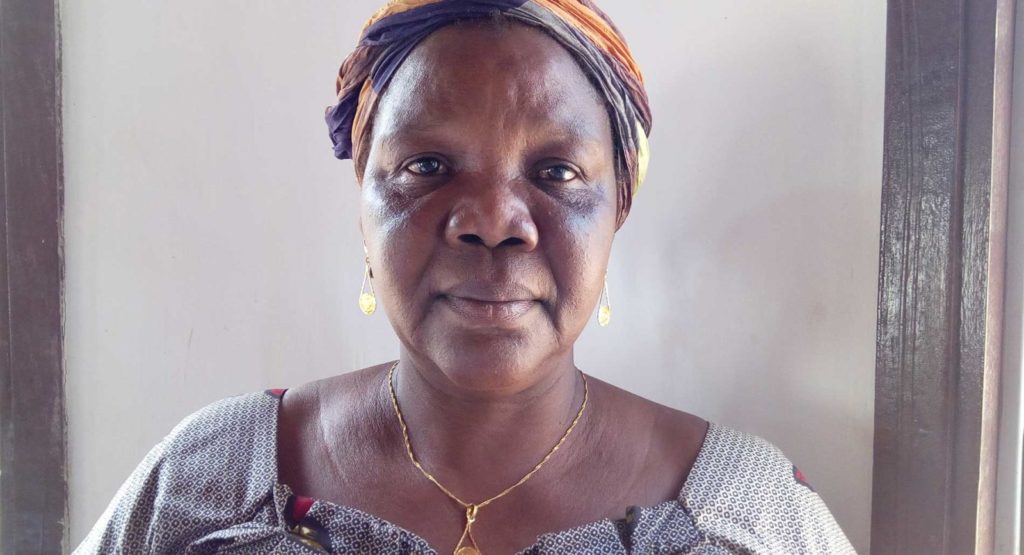
Want to do more to defend human rights?
Check out our current campaigns and how you can get involved!
